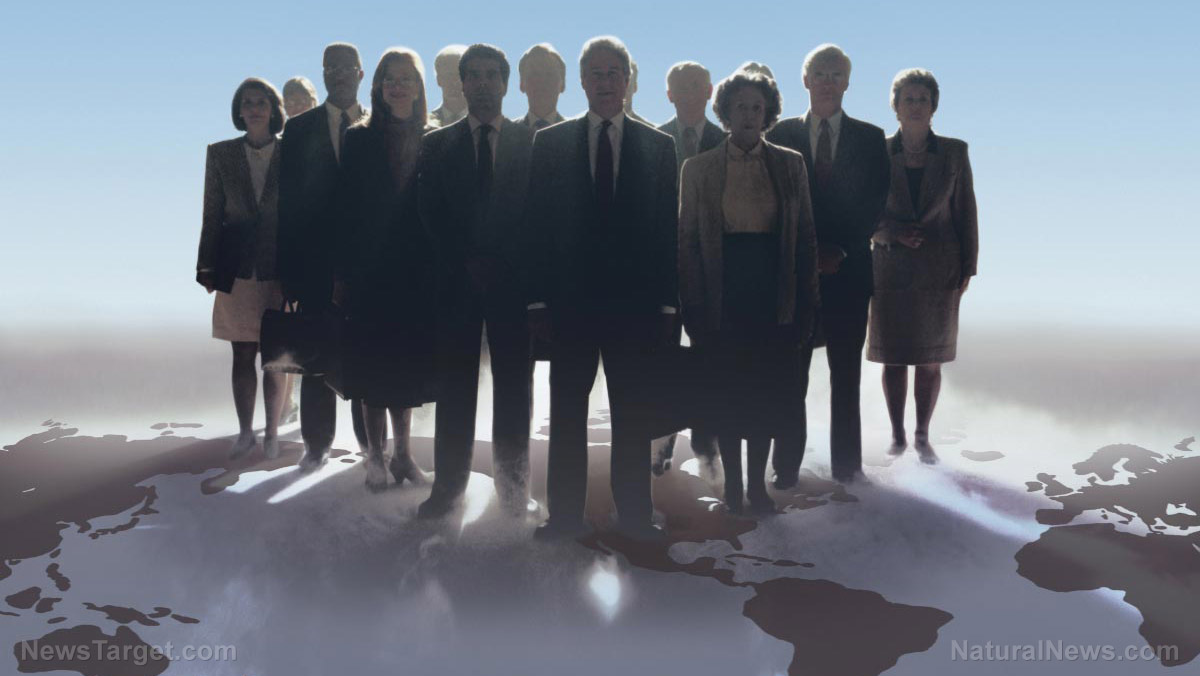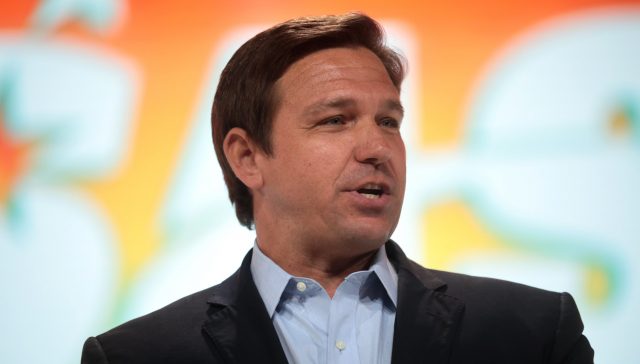Flashback: Here's why Monsanto was declared "the most evil corporation on earth"
By ethanh // 2024-11-26
Tweet
Share
Copy

Now that the political tides are shifting once again, it is a good time to refresh everyone's memory about what Monsanto, once called "the most evil corporation on earth," did to earn that reputation.
It all started back in the 1780s when the Monsanto family was reaping massive profits from the Atlantic slave trade. There were 51 slaves on the Monsanto family plantation at the time, and more were sold to other plantations in Louisiana.
Founded by John Francis Queeny in 1901, Monsanto Chemicals Works, as it was then called, came to be as an honor to Queeny's wife, Olga Mendez Monsanto. Historically, the Monsanto family was Sephardic Jewish and ran a merchant and banking business.
Monsanto's first product was the chemical saccharin, an artificial sweetener that was eventually sold to Coca-Cola to use in its soda-pop beverages.
"Even then, the government knew saccharin was poisonous and sued to stop its manufacture but lost in court, thus opening the Monsanto Pandora's Box to begin poisoning the world through the soft drink," reports explain.
By the 1920s, Monsanto developed a new class of "wonder" chemicals called polychlorinated biphenyls (PCBs) that today is considered to include some of the most dangerous chemicals on the planet.
"Even though PCBs were eventually banned after fifty years for causing such devastation, they are still present in just about all animal and human blood and tissue cells across the globe. Documents introduced in court later showed Monsanto was FULLY aware of the deadly effects, but criminally hid them from the public to keep the PCB gravy-train going full speed!"
(Related: Have you checked out our report about how Monsanto knew all along the dangers of its chemicals but continued to sell them anyway?)
Monsanto: destroying the world decade after decade
In the 1930s, Monsanto started delving into agricultural manipulation with the creation of the first hybrid seed corn, which also led the company to expand into detergents, soaps, industrial cleaning products, synthetic rubbers, and plastics, all of which are toxic. By the 1940s, Monsanto was conducting research on uranium, which was used in the Manhattan Project's first atomic bomb that would later be dropped on Hiroshima and Nagasaki, killing hundreds of thousands of Japanese people and poisoning millions more. In the 1950s, Monsanto had partnered with The Walt Disney Company to create several attractions at the Disney Tomorrowland theme park feature. A "house of the future" was developed to showcase all of Monsanto's new household chemicals and plastics. In the 1960s, Monsanto partnered with DOW Chemical, which produced Agent Orange for use in the Vietnam war. More than three million people were contaminated and more than half a million Vietnamese civilians ended up dead. In the 1970s, Monsanto partnered with G.D. Searle to produce aspartame, another fake chemical sweetener used in junk food beverages and commercial chewing gum and mints. Then in the 1980s, President Reagan pulled a fast one with the FDA to keep aspartame on the market even after it was determined to be deadly. In the 1990s, Monsanto delved into genetically modified organisms (GMOs) and its infamous glyphosate (Roundup) chemical herbicide for GMO crops. Glyphosate causes cancer and many other horrible diseases, we now know, and yet like aspartame and just about every other horrible thing Monsanto has ever created, it remains on the market. If Monsanto is allowed to continue existing and creating new bioweapons disguised as "food" and "medicine," then eventually there will be no more people left from all the chemical pollution in circulation. It may already be irreversible if GMO crops spread their altered traits throughout the wild, killing native food crops, pollinators, and other food-growing inputs. Today, Bayer owns Monsanto. Back in June, Bayer decided to drop the name Monsanto as part of a global campaign to improve the company's reputation and image. More related news can be found at Chemicals.news. Sources for this article include: X.com NaturalNews.comTweet
Share
Copy
Tagged Under:
GMOs pesticides Roundup environment Monsanto glyphosate corruption toxins evil poison toxic chemicals conspiracy deception truth dangerous corporation chemical violence traitors cancer causes Monsanto Mafia badhealth badpollution real history cancer criminals
You Might Also Like
DOGE leaders Elon Musk and Vivek Ramaswamy present vision for government reform to Congress
By Laura Harris // Share
U.S. Court of Appeals upholds law ordering ByteDance to sell TikTok or face U.S. ban
By Laura Harris // Share
More scientists call for MORATORIUM on mRNA COVID-19 vaccines: WILL IT EVER HAPPEN?
By Lance D Johnson // Share
Mainstream media admits that Zelensky’s popularity is COLLAPSING
By Ramon Tomey // Share
The Western establishment lacks legitimacy
By News Editors // Share
Recent News
Crime forces Brooklyn McDonald's to ban teens and card customers at the door
By isabelle // Share











